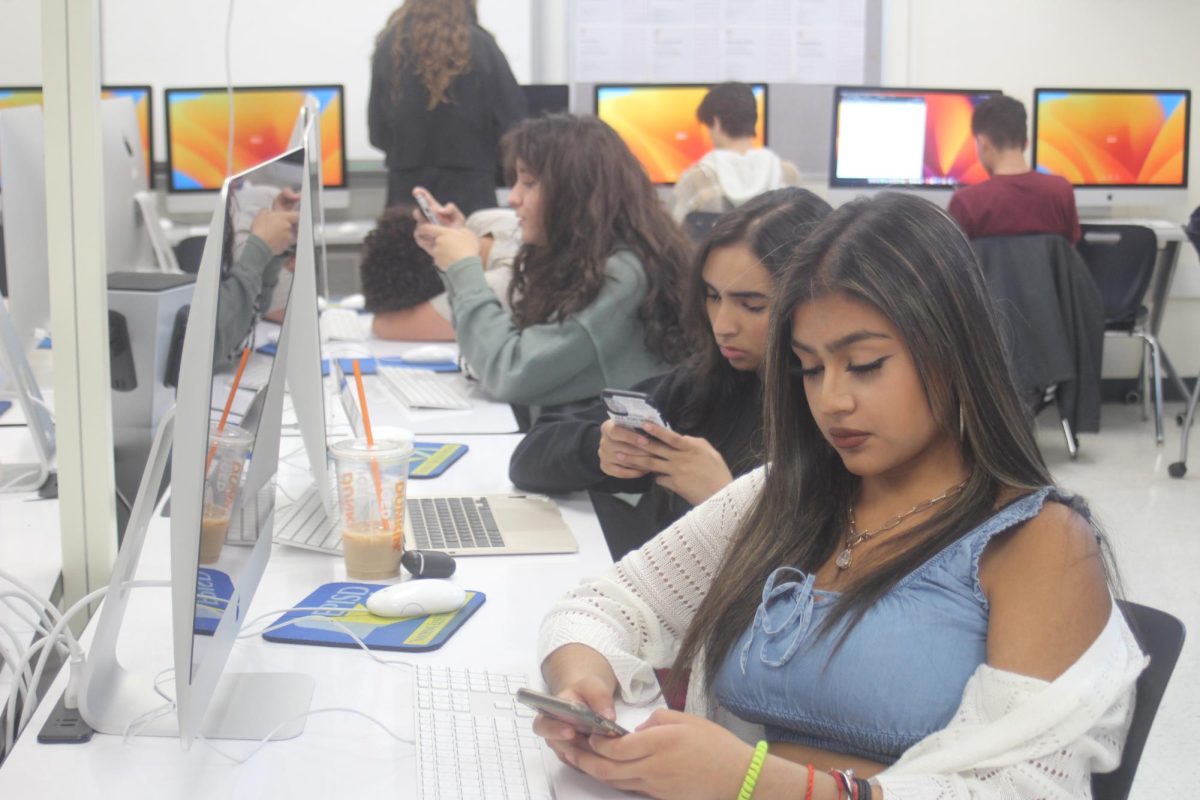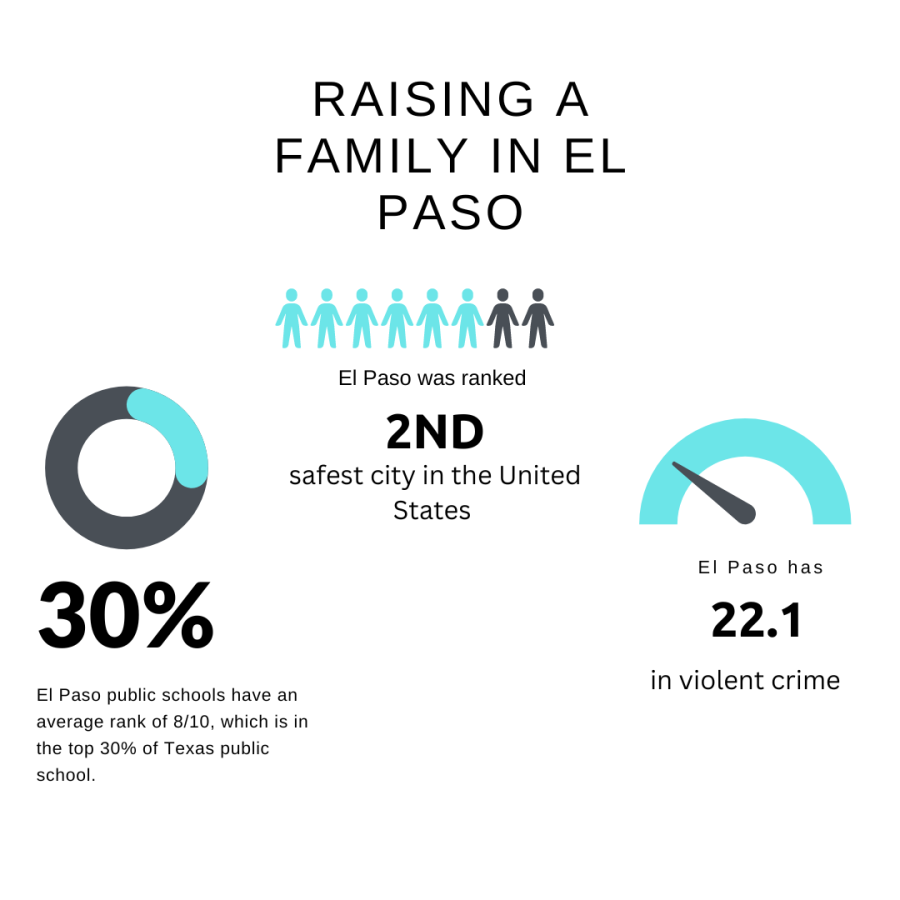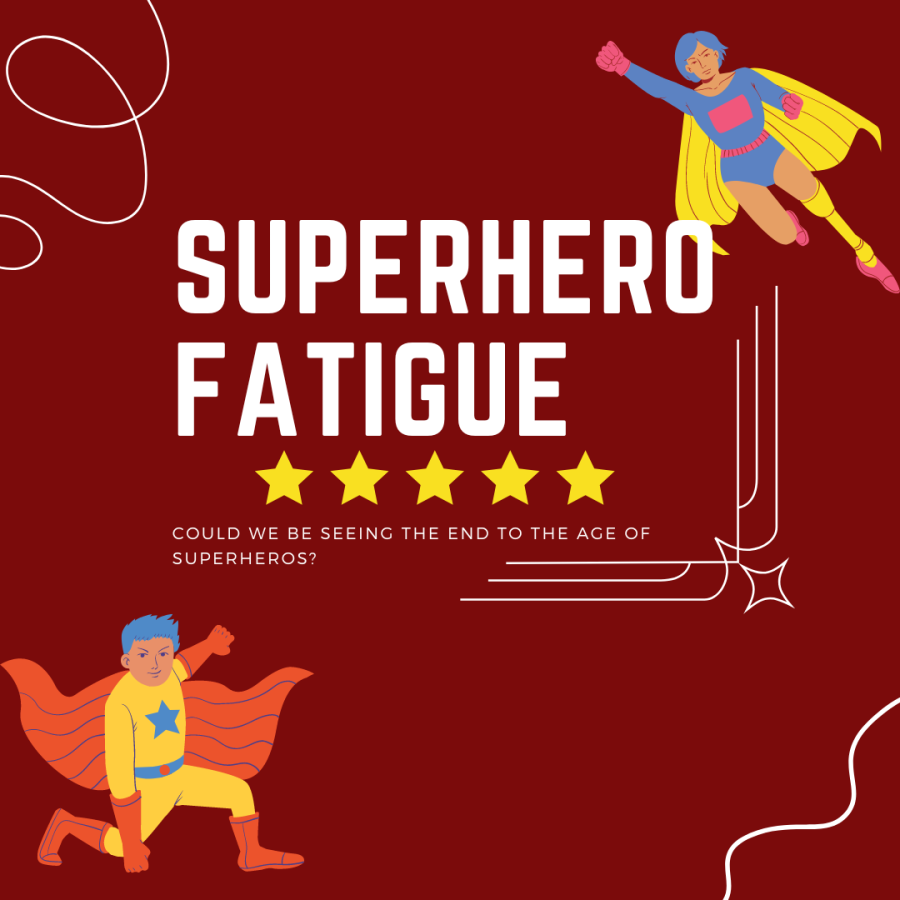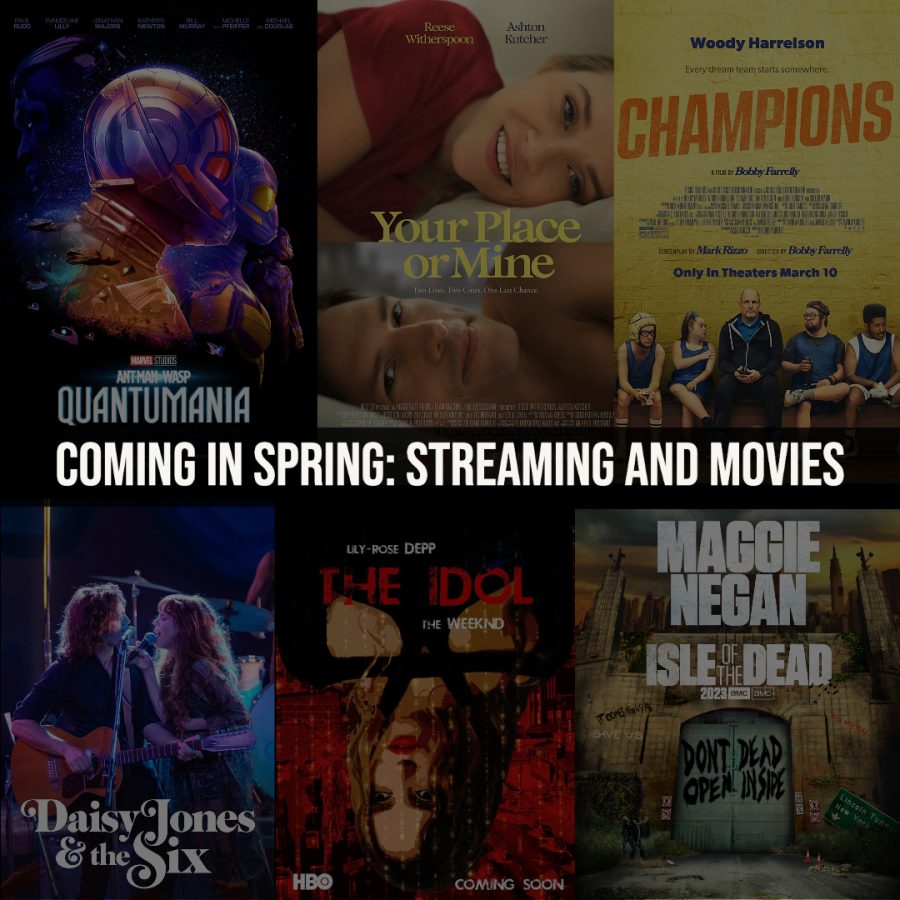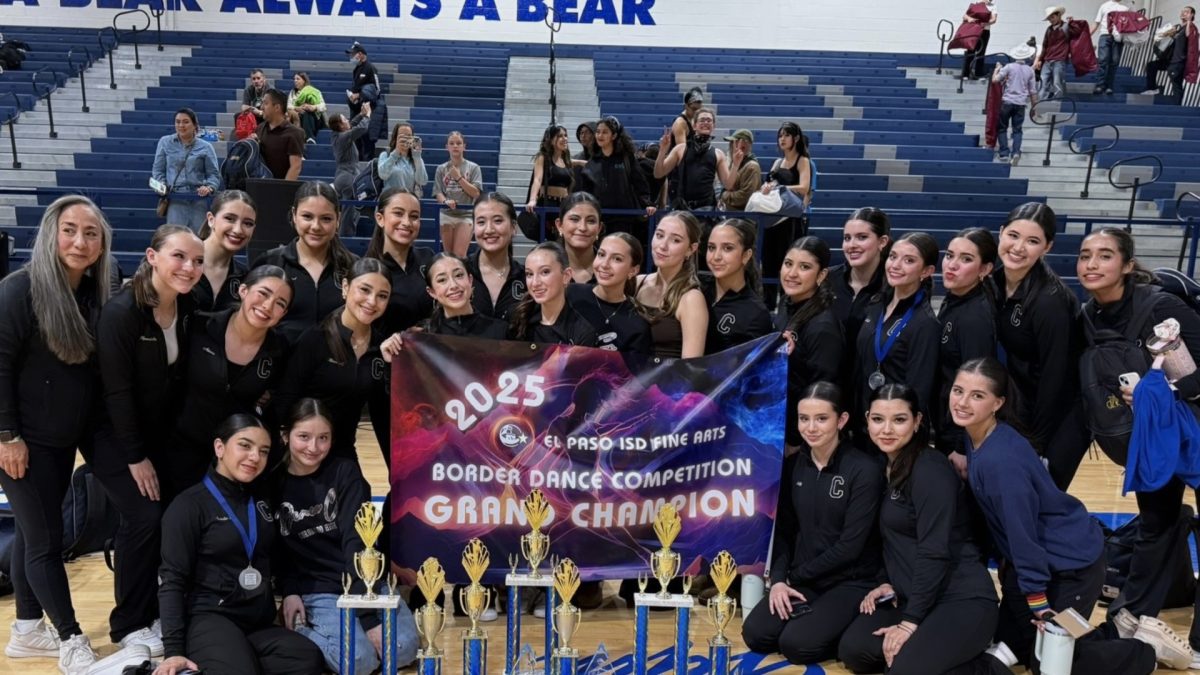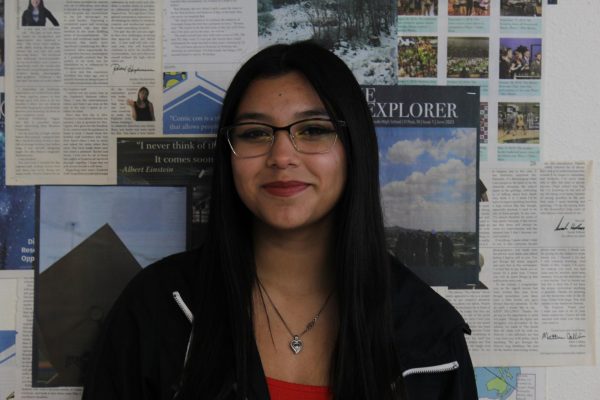For decades now, generative artificial intelligence (AI) has proven to rapidly take over the world. Although in the 20th century it posed threats towards the workforce, AI has recently seized the educational field. Therefore, the question remains: should AI be authorized within school settings?
With the rise of AI programs such as OpenAI’s free ChatGPT program, respected educational institutions have had a hesitant reaction.
AI can improve a student’s comprehension by personalizing an individuals learning experiences based on their learning style. Not all students retain information the same, which is why AI provides graphics for visual learners and audio for those who prefer auditory learning.
Along with improving one’s ability to retain information, AI has also amplified the world of imagination. Some teachers believe that if AI is easily helping students cheat, then something must be wrong with their lesson. AI can reflect one’s failure in the realm of education, which is when the learning truly begins.
Although AI can expand ones thinking skills, many believe that students will become over reliant on online tools. With the use of AI and the accessibility to answers and assignments, students may become too dependent on the chatbots assistant. Students critical thinking and problem solving skills can gradually decline due to this factor.
While students can easily cheat because of AI tools, they can also expand their education through its efficient and convenient obtainability. Scholars can access AI at anytime and any place, allowing for a more flexible study schedule. AI provides instant feedback, helping students identify areas for improvement.
AI provides a world of resources, the information sometimes being too easily accessible. If these artificial intelligent resources found a way to restrict the amount of information given, students would be able to reach a healthy balance between receiving assistance and critical thinking. Overall, the incorporation of AI into educational environments holds promise for converting the learning experience, fostering greater personalization, all while supplying students with the skills necessary for thriving in the 21st century.






